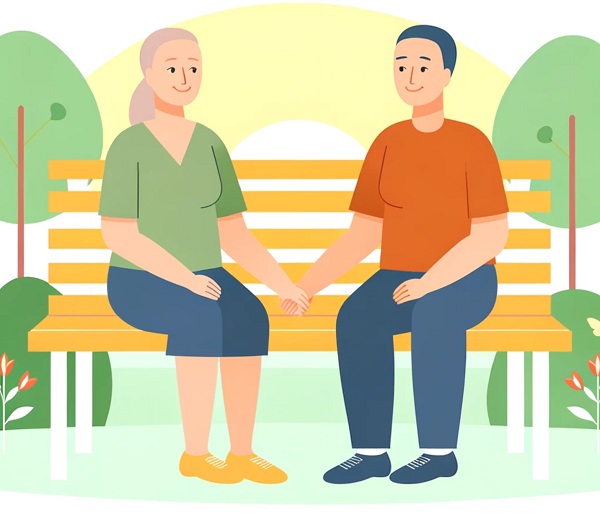
This is a question so many people ask us and the truth is there is no easy answer to that question because there are so many unknown factors in play. The good news is there are a handful of tips you can follow to try and get a good groundwork going, sure these tips won’t answer all your questions, but they will get you on the right path…
Don’t share
As tempted as you are to share the diagnosis with the other person, don’t (unless they’re looking for help). If you do, expect the person with BPD to turn the tables. Leave this to a qualified professional. Take a look at the traits listed for narcissistic personality too: that disorder may also apply (someone can have just one or both). If your family member is willing to see a therapist, see my next blog post about that.
Connect with others
Why not try to connect with other family members in your situation? Local ones are rare, although you can check Facebook and other social media platforms for groups. In fact, there are many online groups to be found, many forums and Reddit pages that might well be worth a look.
Information is everything
Buy some books like “The Essential Family Guide to Borderline Personality Disorder” or “Love and Loathing (for partners)” or maybe “Surviving a Borderline Parent (for adult children)”.
Some other books like “Get Me Out of Here” and “The Buddha and the Borderline” are written by people with BPD who are either recovered or recovering. Both exquisitely explain BPD from the inside and are well worth their price for a deep understanding of the disorder

Visit some websites.
Here are just some in no particular order:
www.bpd.org.uk (our of course)
www.mind.org.uk
www.nhs.uk
www.helpguide.org
Learn
why not start learning skills to help improve your relationship. In the book “The Essential Family Guide to Borderline Personality Disorder” there are five powerful tools to help you organize your thinking, learn specific skills and focus on what you need to do instead of becoming overwhelmed. The order in which you learn the skills is critical because they build on each other. The tools are:
1. Take good care of yourself.
2. Uncover what keeps you feeling stuck.
3. Communicate to be heard.
4. Set limits with love.
5. Reinforce the right behaviours.
As you increase your mastery of these five basic skills, you will:
• Feel less stressed and run down
• Become more confident and clear about who you are and what you need
• Know where to concentrate your efforts
• Be able to free yourself from non-productive, aggressive conversations
• Improve your problem-solving skills
• Learn how to help your family member without rescuing him
• Feel more self-assured about setting limits without backing down
As we said at the start of this post this isn’t going to answer all your questions, but it should cover some of your thoughts and for the rest, there is always our Contact Us page.


